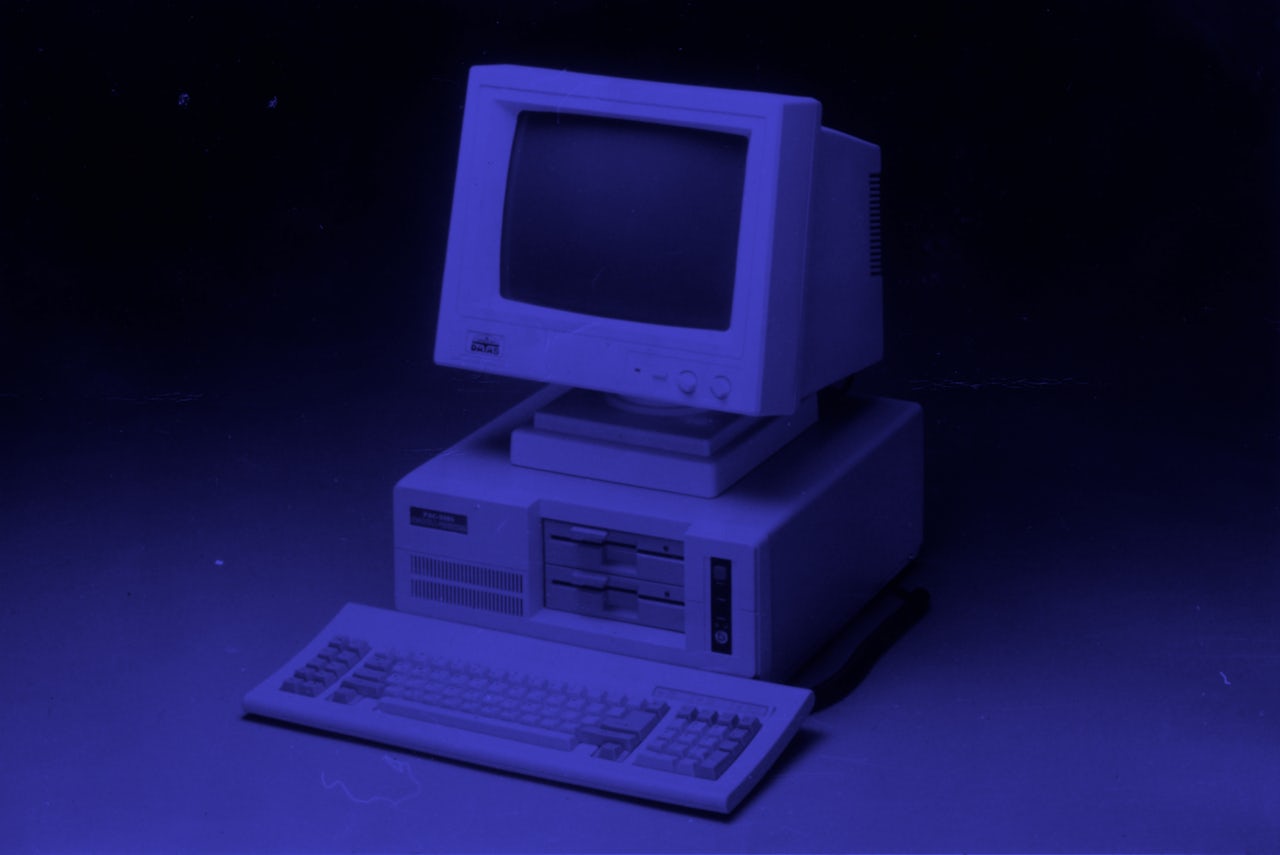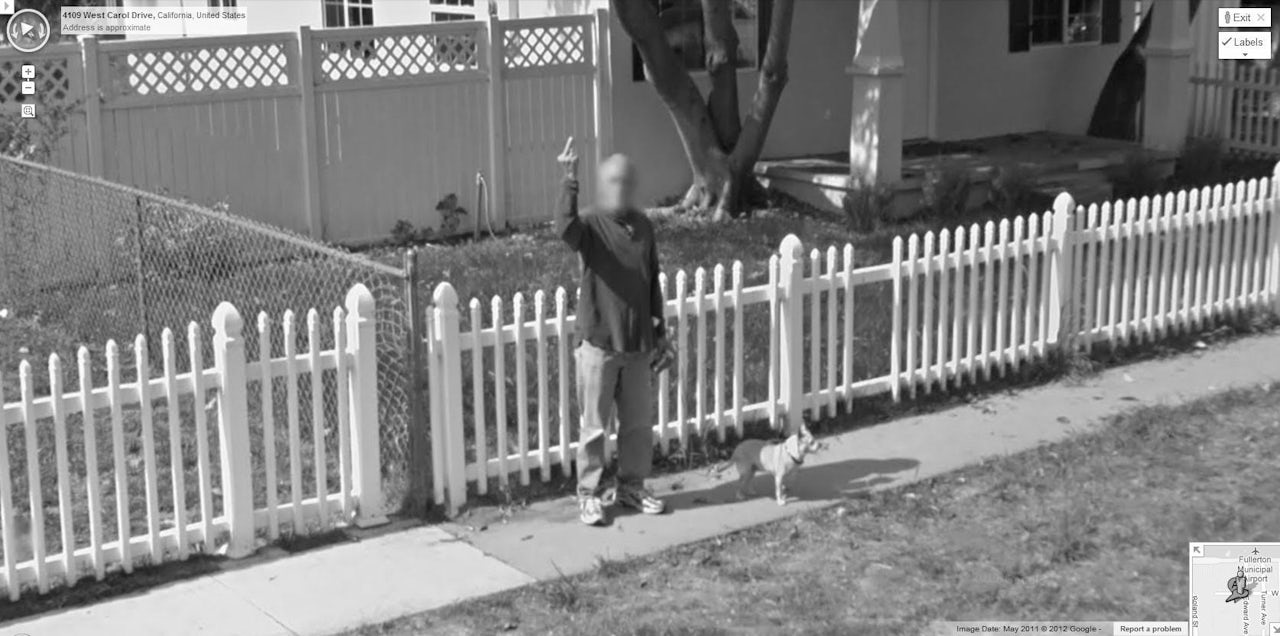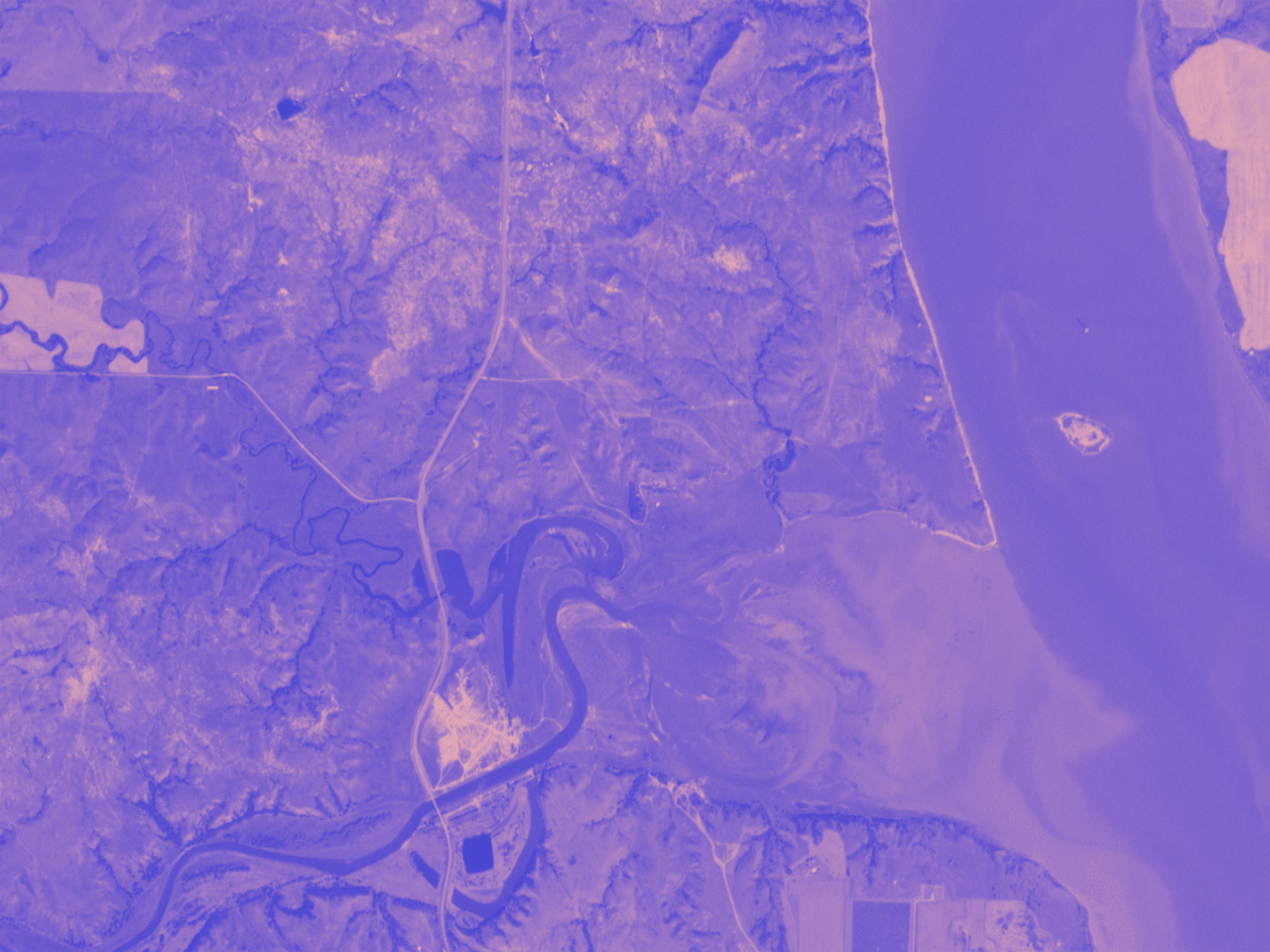On Monday, a piece of legislation was proposed in North Dakota that would require any internet-connected device to include a filter that automatically blocks access to pornography.
As detailed in House Bill 1185, the law would legally reclassify any “products that distribute the internet” as “pornographic vending machines.” This includes, but is not limited to: a cell phone, laptop, computer, Playstation, smart fridge, or internet service provider’s router. In other words, most North Dakotans would suddenly become porn vending machine owners in the eyes of the law.
House Bill 1185 would also require anyone selling internet-connected devices to automatically block “obscene sexual performances” and “intimate image[s].” (According to North Dakota law, what qualifies as an obscene image “must be judged with reference to ordinary adults.”) Users of these devices would have the opportunity to deactivate this filter only if they first submit a deactivation request in writing to the manufacturer, meet face-to-face with the manufacturer to verify that they are over 18 years old, and pay a $20 fee.
The law was proposed as a way to combat human trafficking and prostitution (the $20 fees to unblock your internet-connected device would go to a fund for victims of human trafficking), but the majority of the language in the bill focuses on pornography.
“There is no precedent for a bill quite like this, although generally, it is unconstitutional to impose a burden on adult access to specific types of speech,” Lawrence Walters, a prominent First Amendment and anti-censorship attorney, told The Outline. “The law would almost certainly be challenged immediately in federal court, if passed.”
That won't be necessary. According to Lawrence Klemin, one of the bill’s sponsors, the bill had been withdrawn as of Wednesday afternoon, although he wouldn’t comment on the reason for withdrawal.
“The HTPA is yet another attempt by government to mandate what speech adults may view and access.”
Although this bill is off the table for now, an almost identical law was proposed in December in South Carolina and received its first reading by the state’s judiciary committee on Tuesday. Similar bills have also been drafted and sponsored in 26 other states, all of which include language that characterizes cell phones, personal computers, and game consoles as “porn vending machines.”
Each of these bills is written by a group called The Human Trafficking Prevention Act (HTPA), which includes a handful of lobbyists representing groups such as The Clean Services Foundation, a group that “clean[s] up internet streams before they enter your home.” The main ideological argument of the bill’s authors is derived from the work of radical feminist scholars such as Catharine MacKinnon and Andrea Dworkin, both of whom worked to outlaw pornography by positioning it as a civil rights issue. MacKinnon, in particular, framed pornography as a form of sex trafficking.
“As illustrated by these bills, the war on sex trafficking has taken on a life of its own and is now being used as a basis to censor constitutionally protected erotic entertainment under the unproven theory that pornography somehow encourages sex trafficking,” said Walters.
The main case referenced on the HTPA’s website as a rationale for the group’s existence is the 1995 Communications Decency Act, colloquially known as the “Great Internet Sex Panic Act.” Signed into law by President Clinton in early 1996, the supposed aim of the bill was to limit the exposure of minors to obscene materials.
While most wouldn’t be opposed to the idea of keeping porn away from kids, the Sex Panic Act sparked outrage among First Amendment advocates such as the ACLU because it severely limited the free speech rights of adults. Thanks to the ACLU’s efforts, in 1997, the Supreme Court ruled that the indecency clauses in the law were in violation of the First Amendment and that parents should be allowed to decide which material was appropriate for their children.
Yet in the eyes of the advocates for the new HTPA anti-internet pornography bill, the American Civil Liberties Union “deserves credit” as the primary author of the bill for its involvement in overturning the Communications Decency Act.
The ACLU, however, has refused the honor of authorship.
“The ACLU does not support, and has had no involvement with, the model ‘HTPA,’” Lee Rowland, ACLU senior staff attorney, said in an email. “The HTPA is yet another attempt by government to mandate what speech adults may view and access, and suffers from the same constitutional flaws as Congress’s prior, misguided attempts to censor digital speech.”
Much like the Communications Decency Act had the potential to become a far-reaching censorship vehicle disguised as a law meant to protect children from pictures of poop on the internet, the new HTPA anti-pornography legislation is couched in the language of combating human trafficking, which justifies possible First Amendment violations by billing porn as a public health crisis.
“Efforts to make the internet suitable only for children failed over a decade ago, and I would suspect [these bills] would meet the same fate eventually,” Walters said. “The adult industry has always been a political football in conservative times. So we see some unusual bedfellows coming together to crack down on pornography at this time, using this newly minted theory that it is a public health crisis.”


